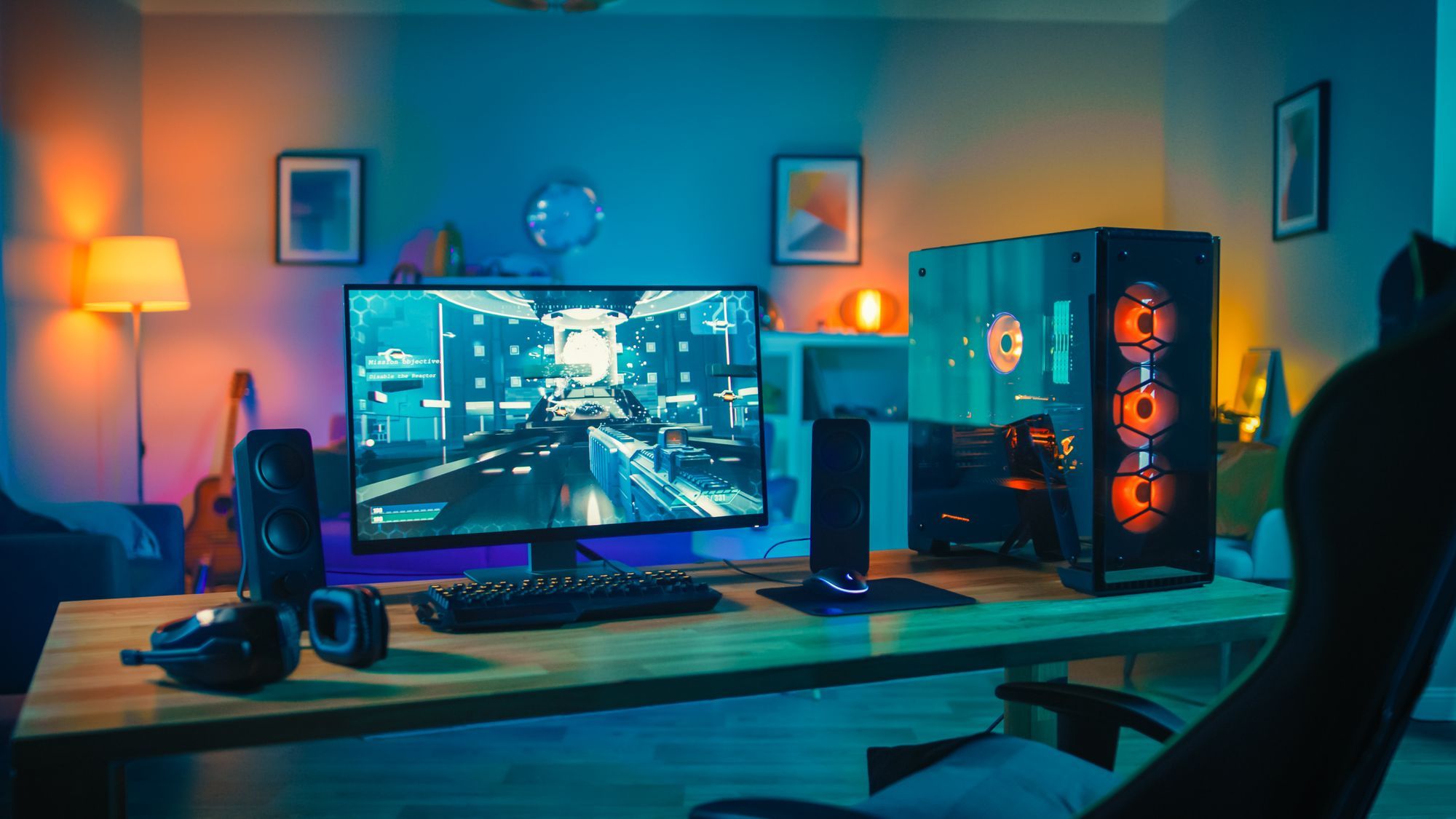
Buying a new computer has many options. If you’re not familiar with them, it can be a daunting process. Even if you’re comfortable with computers, weaning through all the technology needs a plan. Regardless of why you’re considering a new machine, the process for finding one can be streamlined if you know what to do. What follows is a simple guide for selecting a unit that best fits your needs and budget.
What are you using your new computer for?
Computers were originally engineered for accurate and fast computations. They were bulky units that filled entire rooms, sometimes floors. No one ever imagined they would become standard issue for pretty much everyone in the world. That individuals would one day walk around with powerful computers in their pocket. We’re using our devices for a broad range of activities. Before you start looking, list what you have been and what you will most likely be doing with a computer. Some basic activities include:
- Playing music, videos, movies
- Social networking
- Creating media professionally or for channels like YouTube
- Working in a business environment
- Creating and managing documentation through writing, research and automation
Basic computers
The average consumer buys a computer right off the shelf. This is the most inexpensive path. If you know what type of computer you need, it can be pretty easy to find one that comes closest to your specifications. Whether you choose to go with a laptop, desktop or tablet, you will be able to find one at your local computer outlet, electronics store or online retailer that has the all the right utilities. Look at processors, hard drive space, memory, graphics cards, speakers, etc., gauging your specifications against what the computer has to offer. Gamers will be a lot more interested in speed and rendering. People using their computer for business should look at suitable software and connectivity.
Building from the ground up
If you truly want to ensure your computer will be compatible with your needs, have it built to your specifications. This will cost a little more, but in the end, you will have a computer that fits your needs and lifestyle in every way. You can take almost any computer and have the vendor tailor it. Swap out processors, graphic cards, memory, sound cards and more.
Apple? PC? What now?
There is no right answer, only the choice that fits. Apple and PCs use completely different OSs and interfaces. Neither is difficult to learn but each has its learning curve. When comparing comparable units, PCs will probably be less expensive. Unfortunately for PCs, Apple computers have a more reliable reputation in speed and innovation. They tend to have a longer lifespan than PCs. Thanks to the connectivity between Apple’s iPhones, iPads and their computers, they are credited with a technological edge. But Windows, the dominant PC OS, is gaining in significant improvements in this field.
Traits to consider before buying a computer
- Portability has become a major factor in buying a computer. Even desktops are being designed for greater maneuverability, especially with all-in-one models. So consider size and weight when choosing your computer and where you would put it along with accessories like printers.
- Most people like a nice screen size. While today’s phone screens get larger, they are still relatively small compared to your laptops and computers. People are perfectly comfortable with an 11 inch laptop screen. But certain users prefer large screens, including groups like gamers, developers and video editors so they can get better views of detail and more screen space.
- The processor controls computer performance. The top providers are AMD and Intel, but Centrino, Core and Pentium aren’t shabby. If you just do casual browsing on the web or only keep recipes on your hard drive, you may not require a powerful processor. But if you watch movies, work with graphics, or play games, the processor will be critical.
- Memory or RAM runs your computer. It’s what allows you to operate multiple applications without slowing the computer down. If you use your computer for minimal purposes, you can go with a low RAM. The more important it is that your computer runs quickly, the greater amount of memory you should have. If you choose to buy a Netbook, expect a low memory count as it’s not designed to support complex apps.
- The hard drive is where you download all your files. Fortunately, today’s computers come with some pretty hefty storage sizes in the hundreds of gigs. But that can go fast when you start downloading and installing. Always buy as much storage space as you can afford. Do not base it on what you think you need, but what you could probably need in a few years.
- If you do a lot of Skyping or video conferencing, make sure your computer has a webcam and built-in digital media card slot. In fact, you want your new computer to have as many different media slots as you can get.

